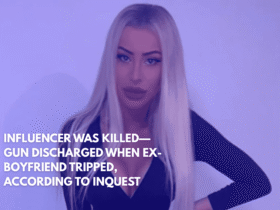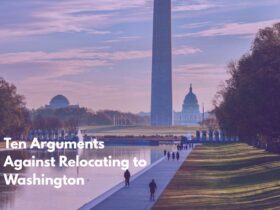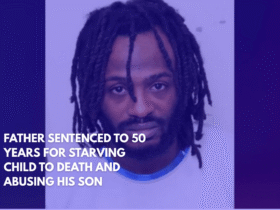WASHINGTON, D.C. – After more than four years of pause due to the pandemic, the U.S. Department of Education has announced it will restart collections for federal student loan borrowers in default starting May 5, 2025.
This means millions of Americans who haven’t made payments in over 270 days could soon face wage garnishment, tax refund withholding, or even cuts to their Social Security benefits.
The announcement was made by Education Secretary Linda McMahon on April 21, signaling the end of one of the final pandemic-era protections for borrowers.
What Does This Mean for Borrowers?
Beginning May 5, the federal government will resume involuntary collections, targeting those who are in default on their student loans. Borrowers who haven’t made a payment for at least 270 days will be the first affected.
These measures include:
- Wage garnishment (money taken directly from paychecks)
- Tax refund seizure
- Withholding of Social Security payments
According to the Department of Education, over five million borrowers are currently in default.
Background: When Did Payments Resume?
Monthly student loan bills officially resumed in fall 2023, after being paused since March 2020 due to the COVID-19 pandemic. However, the harshest penalties — like collections for default — were delayed further.
During the Biden administration, collections were postponed until after the 2024 presidential election. But now, under President Donald Trump’s second term and Linda McMahon’s leadership, the collections process will begin once again.
A Divided Response
In her statement, McMahon criticized previous student loan policies as unfair to taxpayers:
“American taxpayers will no longer be forced to serve as collateral for irresponsible student loan policies.”
However, borrower advocates are speaking out strongly against the move.
Mike Pierce, Executive Director of the Student Borrower Protection Center, condemned the decision, saying:
“This is cruel, unnecessary and will further fan the flames of economic chaos for working families across this country.”
He added that many of the income-driven repayment plans, which help borrowers pay based on what they earn, have been delayed due to ongoing legal challenges.
What Options Do Defaulted Borrowers Have?
The Education Department will notify all affected borrowers via email in the next two weeks. These emails will outline options to avoid collections, including:
- Income-Driven Repayment (IDR) Plans
- Loan Rehabilitation Programs
- Loan Consolidation
Borrowers are urged to act quickly to avoid having their wages or refunds taken.
SAVE Plan and Legal Uncertainty
The Saving on a Valuable Education (SAVE) plan, introduced under the Biden administration, was promoted as the most affordable repayment plan ever. It allows payments based on income and family size. But it has faced multiple legal challenges since Trump returned to office, leaving around 2 million borrowers in interest-free forbearance while courts decide its future.











Leave a Reply